Click the image above for today’s National Poetry Month tour post!
night thoughts: 70 dream poems and notes from an analysis by Sarah Arvio is a poetry collection that defies convention in its cathartic purpose as a series of free-association dream poems with accompanying notes on those dreams from the poet at the time she was tackling some serious trauma. It is more than a collection of poems and notes about those dreams they capture, it is a memoir written as she uncovers some deeply traumatic events in her childhood as she was on the cusp of womanhood.
“It’s easy to forget how complex and intense are the thoughts of children, and how everlasting. I mean that the thoughts last in the mind, enacting their meanings, even when they seem to be forgotten.” (page 132)
Arvio’s notes are essential in many ways to the understanding of her dream poems, which are often surreal and disjointed. The notes help carve out her images and how they associate to one another and which dreams came to her in the same span of time. She breaks down her word choices for lines in the poems, the origins of words and how their meanings are uncannily related to the trauma she experienced and subsequently forgot. She also provides insight into the artwork that she saw and that reminded her of the trauma and how certain colors appear and reappear in her poems because of their relation to the trauma.
watermelon (page 19): in the brightwhite kitchen a tiny pink watermelon lies on the pink counter or white it may be white by the fruit is pure pink flesh I take a bite of it then I recall a photograph of me standing & biting the watermelon in the newspaper that was black & white though I know my shirt was white & pink at the fair on something hill (named for a fruit) where my father bought me a book that was called something hill something that meant flesh & then I knew it was fanny hill the place was strawberry hill & little me as francesca seduced by a book
Arvio utilizes repetition of color and words in her poem to illustrate the remembering of a dream while awake, as the mind filters through the image details to carve out the truth of the events. Her poems read like dream interpretations without the conclusion, and in this way, she leaves the poems open to interpretation until the reader gets to her notes section. While these are dream poems, the images and actions will likely make some readers squirm and look away, particularly with the maiming of animals, among other things. These poems are stark and sometimes profane, much like the shame and the trauma explored in the dreams.
night thoughts: 70 dream poems and notes from an analysis by Sarah Arvio is poignant, frightening, and “super real.” Start with the notes at the end of the book, if you want background on her dream poems before you read them, or hold off and read them at the end to get a richer experience. This memoir/poetry collection is meant to disturb.
About the Poet:
Sarah Arvio is a poet who has lived in New York, Paris, Caracas, Rome and Mexico. For many years a translator for the United Nations in New York and Switzerland, she has recently also taught poetry at Princeton.
Her poems are widely published, in such journals as The New Yorker, The New Republic, Literary Imagination, Boston Review, The Kenyon Review and Poetry Kanto and in many online reviews.
Composers have set her poems to music: Miriama Young set “Cote d’Azur” as “Inner Voices of Blue”; Steve Burke set “Armor” for the song cycle “Skin”; and William Bolcom set “Chagrin” for the song cycle “The Hawthorn Tree.”
She’ll be at the May Gaithersburg Book Festival for “Poetry in the Afternoon” moderated by me!

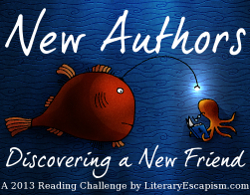

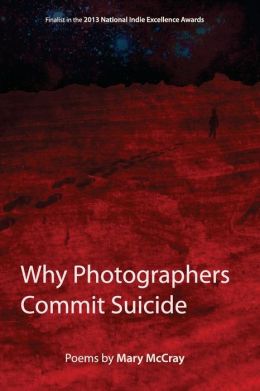
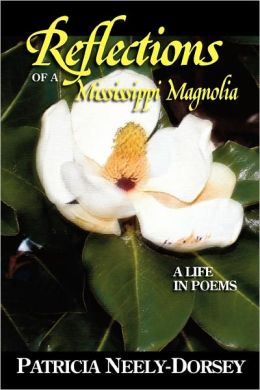 Reflections of a Mississippi Magnolia by Patricia Neely Dorsey is a very personal and reflective collection about growing up in the south and celebrating its culture. Through rhyming poetry, Dorsey creates poems that have their own beats and rhythms that carry readers all the way through the poems. While most of these rhymes are elementary and some seem forced, the collection is not about technique as much as it is about living and breathing the southern culture.
Reflections of a Mississippi Magnolia by Patricia Neely Dorsey is a very personal and reflective collection about growing up in the south and celebrating its culture. Through rhyming poetry, Dorsey creates poems that have their own beats and rhythms that carry readers all the way through the poems. While most of these rhymes are elementary and some seem forced, the collection is not about technique as much as it is about living and breathing the southern culture.

 About the Poet:
About the Poet: About the Poet:
About the Poet: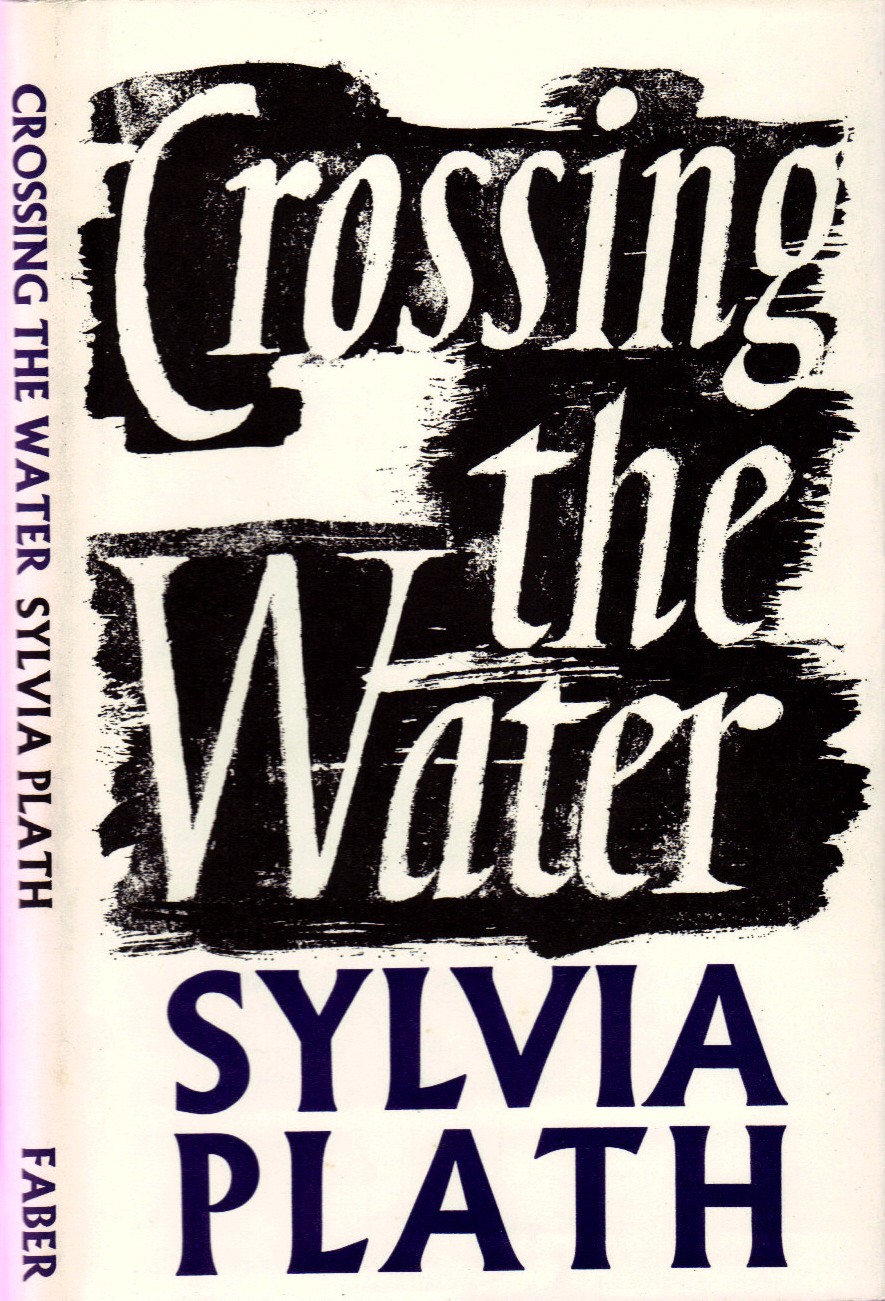

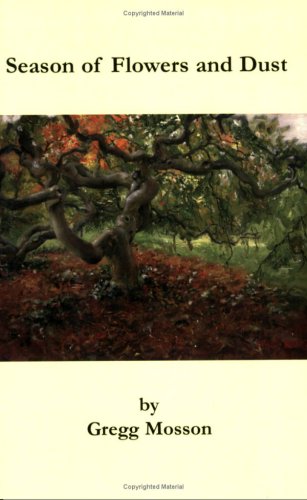 Season of Flowers and Dust by Gregg Mosson, published by
Season of Flowers and Dust by Gregg Mosson, published by 
 About the Poet:
About the Poet: No Ocean Here by
No Ocean Here by 


